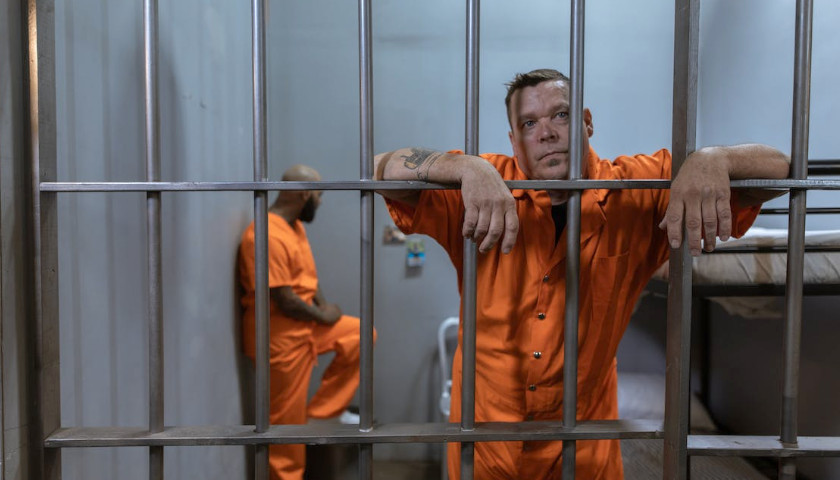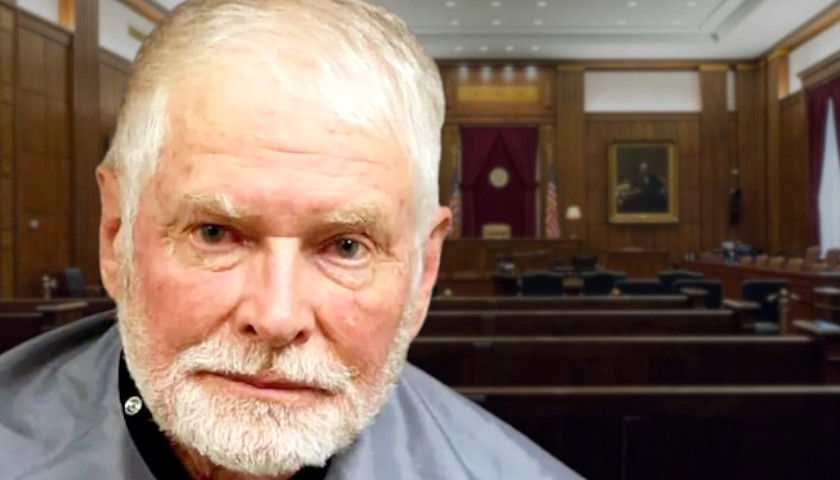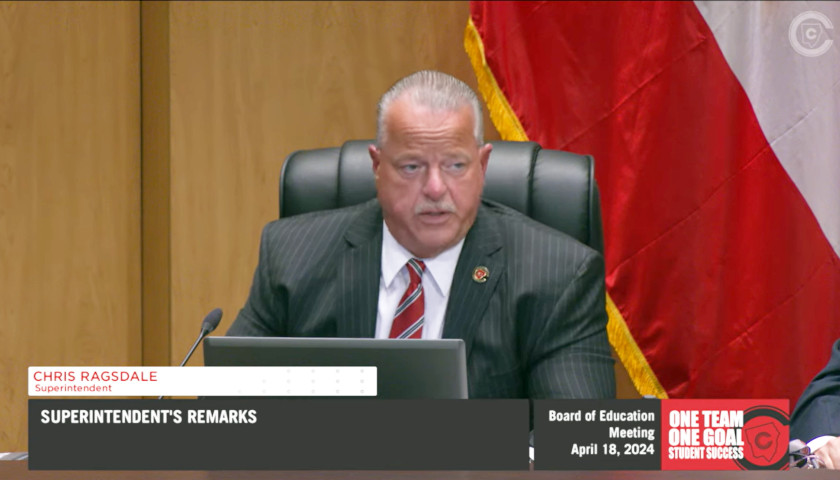Several Democratic lawmakers this week proposed legislation allowing all imprisoned Pennsylvania citizens to vote by absentee ballot.
State Representatives Rick Krajewski (D-Philadelphia), Christopher Rabb (D-Philadelphia), Donna Bullock (D-Philadelphia), Jason Dawkins (D-Philadelphia), and Aerion Abney (D-Pittsburgh) announced they will cosponsor the bills.
The first of the two measures would amend the states’ consolidated statutes to “permit all incarcerated individuals in correctional institutions to be eligible to vote by absentee ballot.” The second would add similar language to the state’s election code and create prison voter-education programs.
While the legislation would apply to state-prison inmates, it would also guarantee voting rights for about 25,000 individuals in county jails, not all of which have written policies on voting by mail. Krajewski said he views his proposal as a step toward shifting the focus of the penal system.
“For me, our justice system should be more concerned with restoration, rehabilitation — accountability absolutely — but to me those are the more important tenets than being punitive,” he told The Pennsylvania Daily Star. “And I don’t see why someone being incarcerated and being punished already for a crime that they did should mean that they don’t have the opportunity to participate in democracy. Because I think the more opportunities we give people to invest in themselves, invest in their future — voting is a way of investing in your future — I think that could actually go a long way towards them moving out of a path of reoffending.”
Pennsylvania permits felons to vote after they have served their sentences but allows no one to vote from prison. Krajewski’s bills to permit the latter would not make exceptions for any incarcerated citizens, no matter how severe their crimes.
“I think everyone should be given a chance,” he said. “Now, I know that when we talk about violent repeat offenders that is a topic that is very sensitive for people and I’m sensitive to that but I think the conversation should be open to everyone, because while I understand these people have committed serious, heinous crimes and they should be held accountable, what does voting have to do with that?”
Krajewski’s proposal will need to get through the narrowly Democrat-run House of Representatives as well as the GOP-controlled Senate to reach Governor Josh Shapiro’s (D) desk. Comments from House Judiciary Committee Minority Chair Rob Kauffman (R-Chambersburg) suggest opposition will be strong.
“Those who break the law should not be participants in choosing who makes and enforces the law,” Kauffman told The Daily Star via email. “This is just one of the many freedoms lost by an offender compared to a law-abiding citizen, and it is a freedom that a person can regain after paying their debt to society.”
Michael Tremoglie, a political commentator and former Philadelphia police officer with a master’s degree in criminal justice from Saint Joseph’s University, stated in an email he believes the proposal would “only add to the lawlessness and disruption of society.” He characterized the idea as a product of “Marxist criminogenic theory” which treats crime as a “function of class struggle” rather than social deviancy.
“The fact is permitting terrorists to vote, permitting those convicted of treason to vote, those convicted of political corruption to vote in matters pertaining to foreign policy, prevention of terrorism, budget matters, or allowing murderers to vote on the death penalty is counterproductive,” he wrote. “The social contract implies that all law-abiding citizens submit themselves to a certain degree of authority and to limits of their personal freedom in order to maintain a cooperative society where people live securely in their properties and persons. Criminals have violated this arrangement and indicated their selfishness, cruelty, and contempt for their fellow human beings.”
Tremoglie noted that incarcerated felons can vote only in the District of Columbia, Maine, and Vermont, while all other states restrict inmate voting. He also mentioned that when Vermont independent socialist Senator Bernie Sanders championed incarcerated-felon voting in 2019, prominent Democrats, including current Secretary of Transportation Pete Buttigieg and New York’s then-Governor Andrew Cuomo opposed the idea.
Sam Faddis, president of Susquehanna County-based Unite PA, a grassroots group focused on election policy, also denounced the Krajewski proposal.
“By virtue of [the bills’] logic, presuming we’re going to deem it as such, then why are [felons] incarcerated at all?” he said. “If the rapist is now to be trusted with this exercise of this really sacred element of being a citizen, then why can’t they just walk the streets and be entrusted with everything else? I don’t understand that logic; I don’t think there is any logic there.”
Some criminal-justice reform specialists argue felons’ voting rights should be maintained even during prison terms. Ryan Williamson, a fellow at the D.C.-based R Street Institute, contends that deprivation of voting rights unnecessarily compounds a felon’s punishment.
“You don’t lose your citizenship when you become incarcerated,” he said. “You don’t stop having policy preferences; you don’t stop being impacted by policy decisions. And so allowing American citizens to have a say in the political process seems like a pretty reasonable course of action.”
– – –
Bradley Vasoli is managing editor of The Pennsylvania Daily Star. Follow Brad on Twitter at @BVasoli. Email tips to [email protected].









Yeah vote Dem right One sided